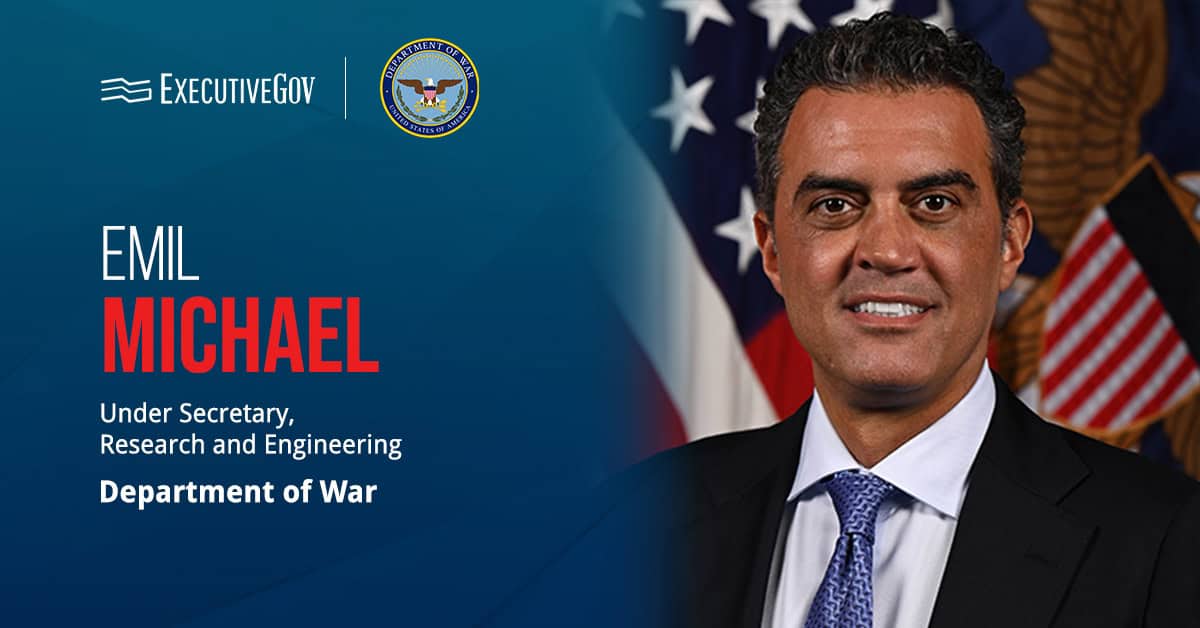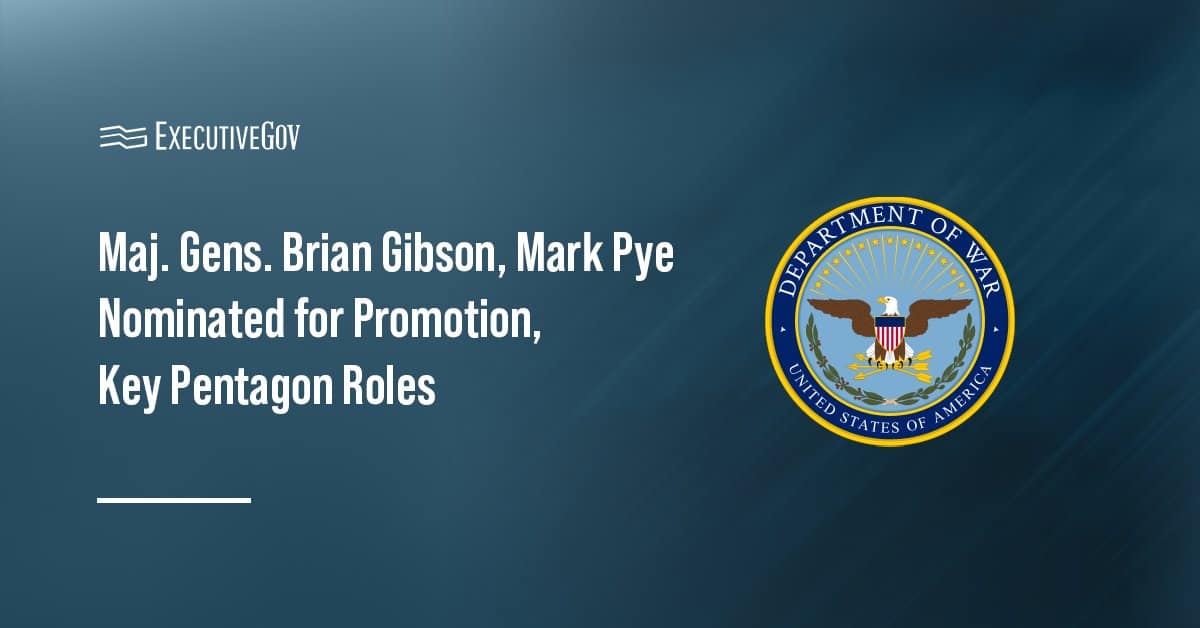
Ellen Lord, defense undersecretary for acquisition and sustainment, has said she plans to look at all procurement authorities and contract vehicles the Defense Department implements in an effort to reform DoD’s business practices, DoD News reported Wednesday.
“Then [we’ll take] examples of how these different acquisition authorities and contract types were used correctly and incorrectly so we can teach [acquisitions] people with real-life examples,†Lord said Tuesday at the DoD Human Capital Symposium.
In addition to reform, she discussed lethality and the need to strengthen partnerships and alliances as the other two lines of effort of the National Defense Strategy.
Lord, a 2018 Wash100 recipient, cited modernization and readiness as the framework of lethality and mentioned the Pentagon’s efforts to upgrade its nuclear triad.





